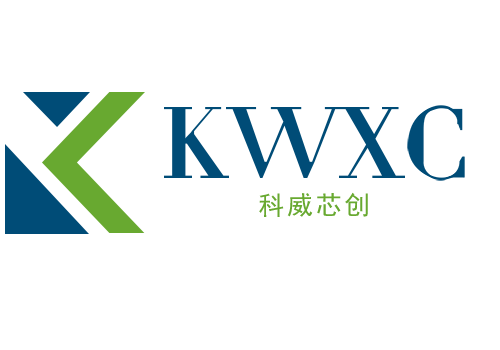5G network deployments stymied by Huawei ban as other firms scramble to fill the void
发布时间:2019/6/29
Huawei’s 5G equipment "leads the pack," but its "major problem is that you can’t succeed in markets if governments bar you from competing in them," according to a GlobalData report.
Beleaguered telecom equipment vendor Huawei is catching few breaks, as sanctions from the US government—and pressure on US allies—have isolated the Chinese tech giant. Following claims of "hidden backdoors" in Huawei equipment, published by Bloomberg in April, that wound up as more of a wet blanket than a smoking gun. The Trump administration implemented an effective ban on Huawei kit in May, citing national security issues—a pretext made flimsy by the prospect of rescinding the ban as part of a trade deal.
Bans on Huawei products are likely to complicate 5G deployments, according to GlobalData. "Huawei is a world leader in 5G technology so we score it 5 out of 5 in the 5G theme," Cyrus Mewawalla, GlobalData head of thematic research, said in a press release. "In terms of technology capability, Huawei, together with Ericsson and Nokia, leads the pack. But Huawei’s major problem is that you can’t succeed in markets if governments bar you from competing in them."
SEE: Special report: How 5G will transform business (free PDF) (TechRepublic)
Reports indicated that Google has privately warned the Trump administration that a ban on Huawei products could itself create a national security risk, with the ban potentially leaving current users of Android-powered smartphones manufactured by Huawei without security updates. Likewise, attempts by Huawei to create an Android alternative could be easier to hack.
Huawei has publicly acknowledged several times since 2012 that it has been developing its own mobile OS in the event the company loses the ability to ship Android. That alternative, called "Hongmeng," is still "far from ready," according to The Information.
In Japan, online shopping giant Rakuten is embarking on transitioning their current MVNO operations to a fully owned and operated mobile network, creating a fourth network operator in the country. These plans include a 5G deployment, with equipment developed by NEC, according to Nikkei Asian Review, which also notes that Huawei was "passed over by SoftBank," for their 5G network deployments. (Of note, in the US, Amazon has been floated as a potential buyer of Sprint’s "Boost Mobile" MVNO brand.)
TechRepublic’s sister site CNET published a full timeline of the Huawei sanctions saga, which will be updated as the saga progresses.

